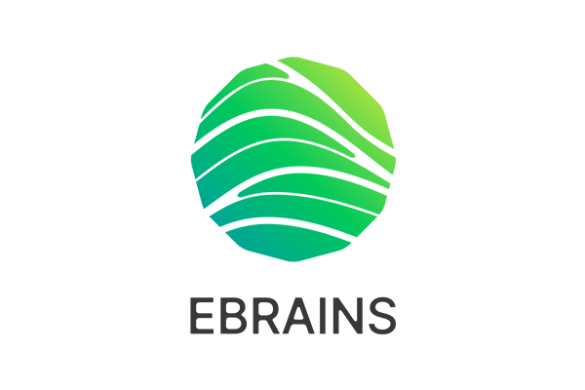Following approval by the European Medicines Agency (EMA) in late 2024, the EU Commission has granted EU authorisation for Lecanemab (sold under the brand name Leqembi) to treat mild cognitive impairment in the early stages of Alzheimer’s disease, under strict conditions.
The medicine is authorised for use in people who have only one or no copy of the ApoE4 gene and who have amyloid beta plaques in the brain. It is the first such medicine to be authorised in the EU.
The decision, made on 15 April, is based on the positive scientific assessment of the European Medicines Agency, which concluded that the benefits of this medicine outweighed the risks in a particular population of patients with Alzheimer’s disease and as long as risk minimisation measures are applied. The authorisation sets strict conditions on the use of Leqembi, as well as clear risk mitigation requirements.
For a deeper discussion of the various issues surrounding the approval of Lecanemab, following the EMA’s initial decision, eanNews invited Prof. Sebastiaan Engelborghs, Co-Chair of the EAN Scientific Panel on Dementia & Cognitive Disorders, for a thorough and highly informative video interview. Watch the video below, or on our Vimeo channel.
The EAN also published a statement welcoming the EMA’s earlier approval in December, which you can read here.










